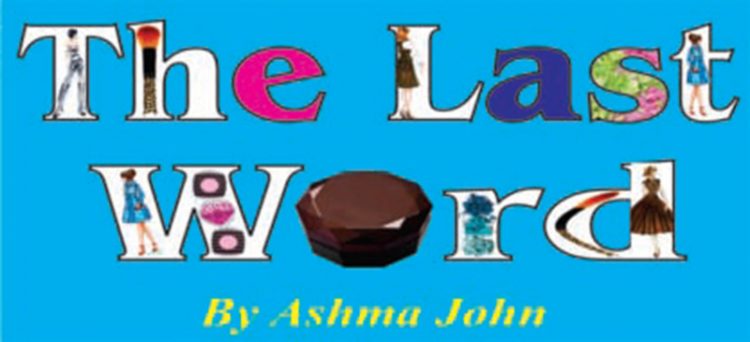
I, like many people, felt rage, disgust and sadness when I saw Courtney Douglas’s painting which displayed obscene racial stereotypes. It played into the black single mother trope, the brokenness of the black family and classism (the ungrateful poor). The hurt actually compounded itself with a distressing race related incident I had experienced almost a year ago and I had a complete day where I emotionally spiralled.
Courtney subsequently changed the painting and apologised for the first version of it. I have personally chosen to accept Courtney’s apology because Courtney like me and many of us has absorbed and internalized the stereotypes that have been hammered into our psyche. Has my rage disappeared even though I have accepted it? Absolutely not, and it will take a while before it simmers down.
Blame can be a hard thing to accept and the inability to feel our shame has been deeply seated in the narratives we have become comfortable with. That inability to feel shame is often part of our internalized fear of betraying our experiences and those of our parents. We must also interrogate this intentionally if we truly want to be better citizens.
In the grand scheme of things, we must also acknowledge the grotesque habit of politicians using the poor and vulnerable for political mileage. One of first things this administration sought to do after assuming office was to conduct an outreach to distribute food supplies among other items to a poverty-stricken community that is mostly inhabited by Afro-Guyanese during an ongoing pandemic. The pictures were then blasted across social media platforms, stripping vulnerable people of their dignity under the disguise of charity, which was probably, I am sure, well-intentioned. In a post-colonial society where we can still see evidence of the plantocracy system, this could be viewed as dominance.
With a country in which both major political parties choose to always take a singular approach to our relations this can be viewed as intentional to create narratives. While Courtney has taken the responsibility and blame for the work he has produced and promised to do internal work as it relates to checking his bias, we too must also do the work on improving and reflecting on the reality and environment in which his work was created.
We must also give those who have been affected the opportunity to vent their rage and invite them to fully express their frustrations. We must consistently and aggressively check our politicians when they seek to use the vulnerable as pawns to further the race divide. We must continuously cross-examine why a country so vast, rich in resources and with such a small population continues to see so many from all races living below the poverty line, because poverty by all accounts is state sponsored violence.





